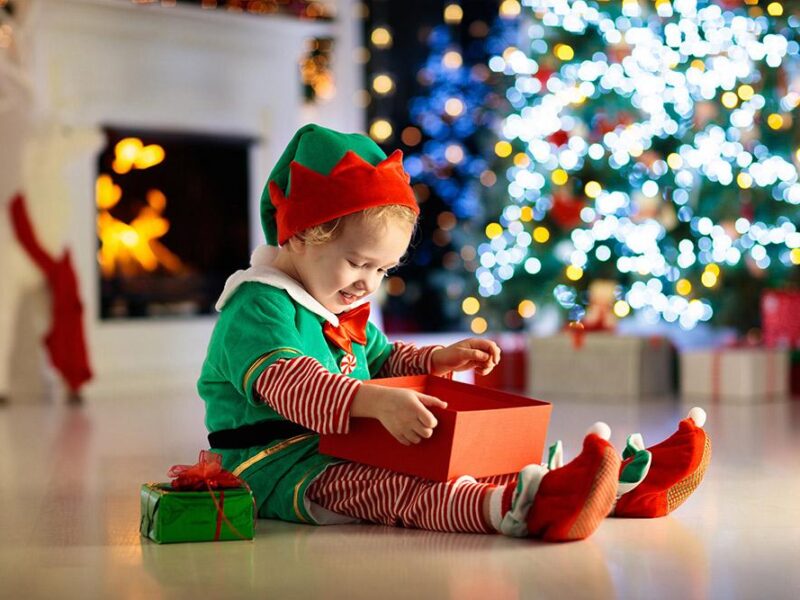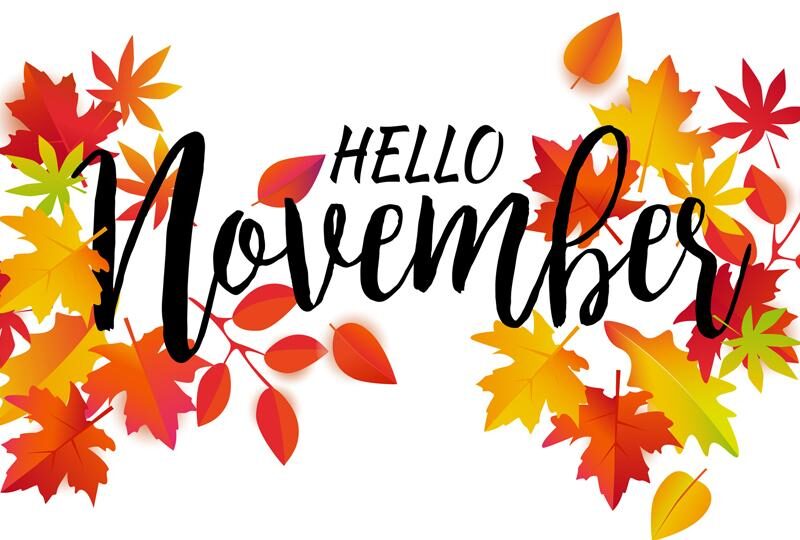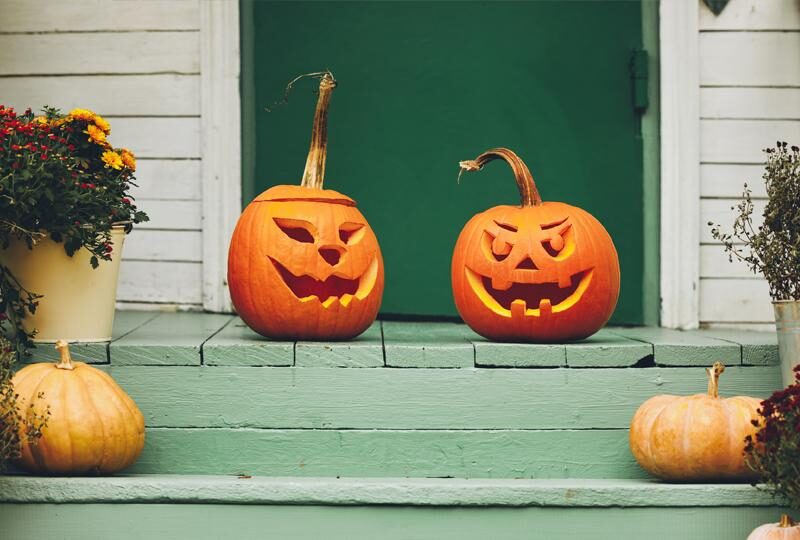Making room for fun
Let’s face it, finding time can be tough for families these days with all the things expected of us by our jobs, our schools, and all our other activities. I understand that, so I know the implications when I suggest that we need to plan more time to have fun together as families. The very idea of planning one more thing might sound overwhelming some days. I get it. But I think we need to do it anyway.
Not only is there lots of science showing the benefits of family fun on kids’ long-term mental health, their likelihood of engaging in high risk behaviour, their capacity to form healthy adult relationships, and all kinds of other things, but it’s probably the most common observation I hear when people talk about their childhood influences. When I’m teaching the adoption class and ask potential parents to identify the factors that helped them grow into healthy adults, they almost invariably talk about fun moments spent with family. They talk about holiday meals, family trips, and annual traditions. They talk about baking, listening to music, going to the movies, playing ball in the back yard.
We might not think of those fun times, those frivolous times, as having the same importance for kids as providing clear boundaries and discipline, ensuring a good education, modelling appropriate social behaviours, and all the rest of it, but clearly having family fun has a deep and lasting influence on us that we recognize (at least subconsciously) when we think about what makes us healthy.
You can probably verify this in your own experience. Your parents might have done lots (both good and bad) to help you become who you are today, but if you start thinking about the childhood memories that made you healthy and happy as an adult, I suspect that you’ll soon find yourself talking about those same kinds of “family fun” moments.
In my own life, these formative memories are ones like throwing the football with my brothers in the fall leaves, baking Christmas cookies with my mom, playing ping pong in the basement until the early hours of the morning (not sure how my parents coped with it), going to extended family potlucks, spending vacations in the bush on Manitoulin Island, and so on. Do I remember being taught and directed and corrected as well? Sure, and I have no doubt that those things were important too. But my most important memories are of having fun together.
So, we need to do that more. We really do. It can be a little thing, like setting up a data projector and a screen for a special family movie. It can be a big thing, like scraping enough money together to go visit some friends in Alberta for a while. It can be a planned thing, like a family board games night. It can be an impulsive thing, like challenging your kid to a game of 21 on the playground in the morning (which I almost always lose).
The point is that these moments are what will be important for your kids when they look back on their childhood, not just important as fond memories, but important to who they’ve become as adults. It may feel like it’s more important to have them in sports and music class and tutoring and swimming lessons and whatever else, but those won’t be the things that they look back on as making them who they are.
Now, like I said, I know it’s hard to find time in our lives. It might feel like I’m asking you to add even more stuff to an already crazy schedule, but I think maybe our schedules need to be rethought. If they’re so full that we don’t have time to bake cookies now and again, they’re not schedules worth keeping. If our lives are so busy that there isn’t room for goofing off with a soccer ball in the park on occasion, they’re not lives that will be fulfilling.
So slow down. Cut some stuff out. Make space just to have fun as a family. Your children will thank you for it, both now and long down the road.
Luke Hill has been the parent of birth kids, adoptive kids, foster kids, and just-need-a-place-to-stay kids for fourteen years. He’s had experience with kids in homeschool, public schools, and alternative schools. He’s been a teacher, a camp counsellor, and a coach. He’s also taught parenting courses for Children’s Aid for almost a decade. When he isn’t working with kids, he’s a writer, a publisher, and the director of a non-profit organization that supports book culture.





